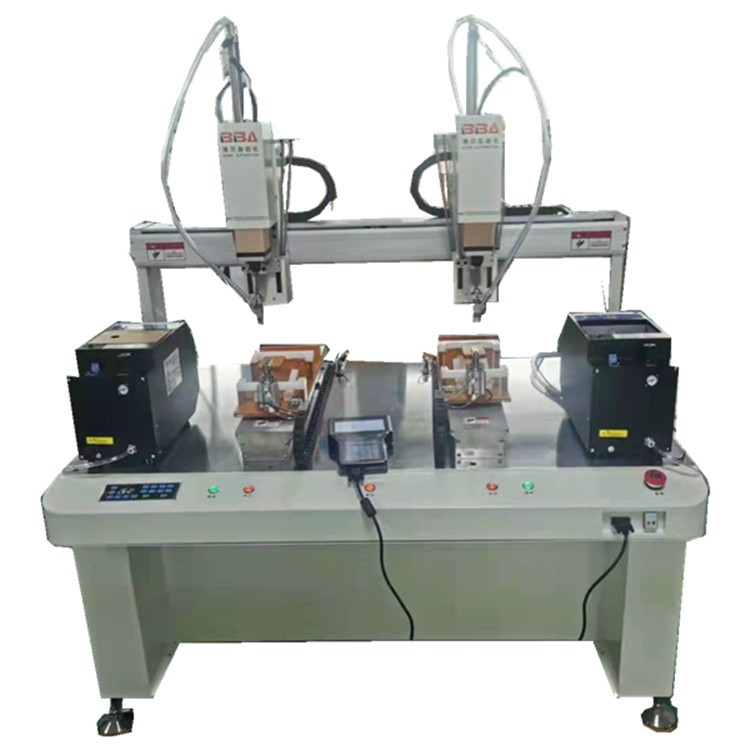| Product Identifier | Applicable to multiple sectors |
| screw locking automated | Electronics |
Views: 0 Author: BBA AUTOMATION Publish Time: 2025-02-21 Origin: BBA AUTOMATION








The rise of automation in manufacturing has revolutionized production processes across various industries. Among the most influential tools contributing to this transformation is the automatic screw machine. Designed to automate the screw fastening process, these machines have significantly boosted productivity, precision, and efficiency. Whether in the automotive, electronics, or consumer goods sectors, automatic screw machines are reshaping the way products are assembled and enhancing overall operational performance.
An automatic screw machine is an automated system that inserts and fastens screws into components during the assembly process. These machines use advanced technology to select, feed, and tighten screws, offering precise control over the fastening process. Depending on the application, automatic screw machines can be programmed to handle various screw types, sizes, and torque settings, ensuring the right fit for every job.
| Product Identifier | Applicable to multiple sectors |
| screw locking automated | Electronics |
One of the most obvious benefits of using automatic screw machines is their ability to increase production speed. Unlike manual screwing, which requires individual attention to each screw, these machines can fasten thousands of screws in a short amount of time. The automation removes the need for operators to handle repetitive tasks, freeing them up to focus on other aspects of the production process. This results in significant gains in productivity, allowing manufacturers to meet high-demand production schedules with ease.
Automatic screw machines are engineered to provide consistent results. These machines ensure that each screw is inserted with the correct amount of torque, reducing the risk of over-tightening or under-tightening. In industries such as electronics or automotive, where component integrity is critical, this precision helps to ensure that products meet the required standards. The ability to maintain the same level of consistency throughout production also minimizes the risk of defects and reduces the need for rework.
Automating the screw fastening process leads to a reduction in labor costs. Since automatic screw machines operate autonomously, fewer workers are needed to perform manual tasks. This allows companies to allocate their workforce to more skilled or higher-value tasks, optimizing labor usage and minimizing overhead costs. The reduced reliance on manual labor also decreases the chances of human error, further improving efficiency.
Automatic screw machines are highly flexible and can be programmed to handle different screw sizes, types, and configurations. This makes them ideal for manufacturers who need to produce a wide variety of products with different specifications. Whether it’s a batch of consumer electronics or complex automotive components, these machines can be easily adjusted to meet the specific requirements of each job, allowing for greater versatility in production lines.
Automatic screw machines are used in a broad range of industries where precision and efficiency are paramount. Some key applications include:
Automotive Manufacturing: Securing critical components in vehicles such as engines, chassis, and interiors.
Electronics Assembly: Inserting screws into smartphones, computers, and other consumer electronics to secure parts in place.
Consumer Goods: Fastening screws in appliances, furniture, and toys to ensure durability and reliability.
Medical Devices: Ensuring the secure assembly of devices like pacemakers, surgical instruments, and diagnostic equipment.
The use of automatic screw machines is a game-changer for manufacturers looking to improve efficiency, precision, and consistency in their production lines. By automating the screw fastening process, these machines offer numerous advantages, including faster production speeds, cost savings, and enhanced product quality. As industries continue to evolve and demand for high-quality, high-precision products increases, the role of automatic screw machines will only become more critical in maintaining competitive advantage and meeting market demands.